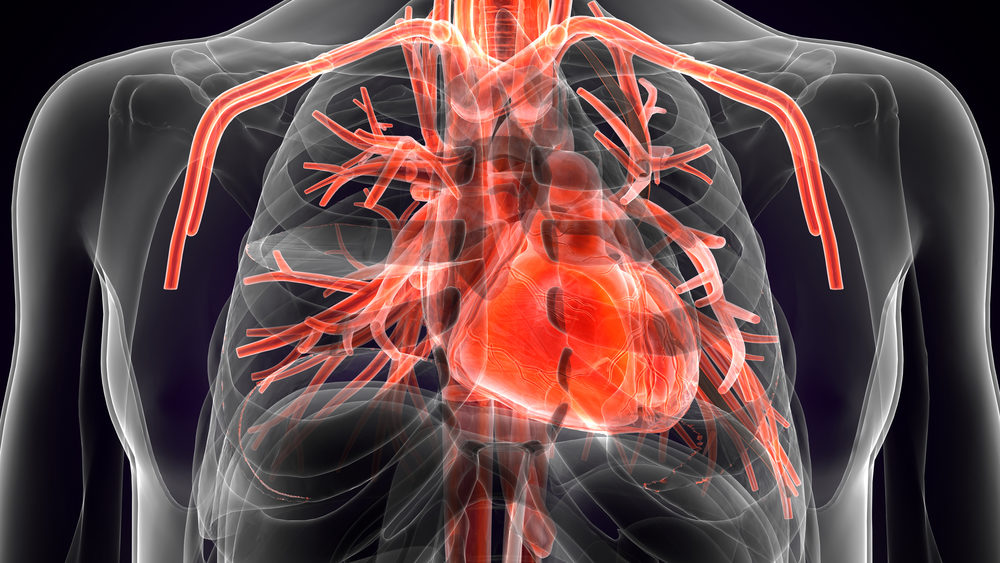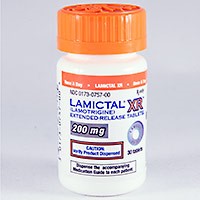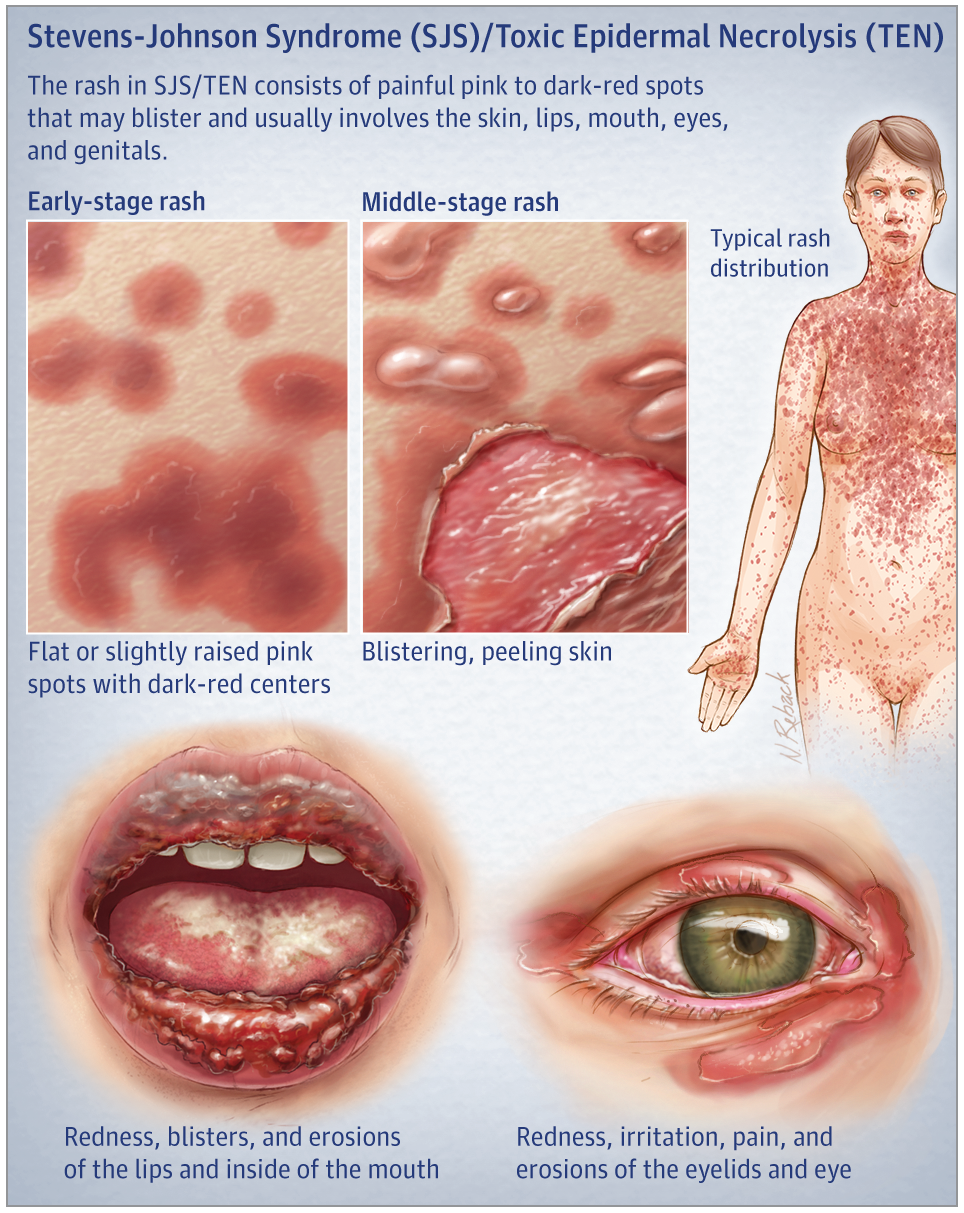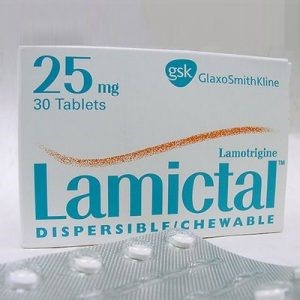Atlanta injury law firm, Childers, Schlueter, & Smith, LLC, filed a lawsuit against Bayer in 2016 alleging that a number of the company’s products that contain acetaminophen have long been associated with skin reactions, including Stevens-Johnson Syndrome (SJS) and Toxic Epidermal Necrolysis (TEN).
 The plaintiff was diagnosed with “TEN” secondary to her ingestion of Alka-Seltzer Plus Day & Night Cold & Flu Formulas Liquid Gels, with over 90 percent of her body being affected by the condition. TEN hospitalized her for three months and was required to undergo in-patient rehabilitation for an additional month. She suffered severe injuries, required multiple surgeries, and continues to suffer from severe scarring over her entire body.
The plaintiff was diagnosed with “TEN” secondary to her ingestion of Alka-Seltzer Plus Day & Night Cold & Flu Formulas Liquid Gels, with over 90 percent of her body being affected by the condition. TEN hospitalized her for three months and was required to undergo in-patient rehabilitation for an additional month. She suffered severe injuries, required multiple surgeries, and continues to suffer from severe scarring over her entire body.
According to the complaint, despite knowing of the association between acetaminophen and SJS/TEN, Bayer failed to include any information on the Alka-Seltzer Plus Day & Night Cold & Flu Formula Liquid Gels label to warn patients of the risk of SJS/TEN or severe skin reactions until after the Plaintiff took the medication and suffered from the condition. In 2013, the U.S. Food and Drug Administration (FDA) issued a Safety Alert warning that acetaminophen had been associated with a risk of SJS, TEN, and acute generalized exanthematous pustulosis (AGEP), all potentially fatal conditions.
Acetaminophen and SJS/TEN: What’s the Connection?
Bayer knew of the association between acetaminophen and SJS/TEN since at least the 1990s. The connection had been documented in published peer-reviewed scientific article since at least 1995.
In 2013, the U.S. Food and Drug Administration (FDA) issued a Safety Alert warning that acetaminophen had been associated with a risk of SJS, TEN, and acute generalized exanthematous pustulosis (AGEP), all potentially fatal conditions. The alert was based on a review of the FDA’s own Adverse Event Reporting System (FAERS) database along with more than twenty medical articles published between 1995 through 2011. The FDA’s announcement also informed health care professionals and the public that dangerous reactions to acetaminophen can occur with first-time use or at any time – “serious skin reactions can occur even if you have taken acetaminophen in the past without any problems.”
Four months after the FDA issued the 2013 Safety Announcement, the plaintiff in the aforementioned case purchased Alka-Seltzer Plus Day & Night Cold & Flu Formulas Liquid Gels to treat the cold and flu symptoms she was experiencing, and nothing warning of the risk of SJS, TEN, or any other serious skin reactions associated with acetaminophen appeared on the packaging.
Other Stevens-Johnson Syndrome News
A study has found that survivors of Stevens-Johnson syndrome (SJS) have a higher risk of cardiovascular problems, specifically cerebrovascular accidents and ischemic heart disease, compared to the general population.
Medical negligence may contribute to Stevens-Johnson Syndrome (SJS) or Toxic Epidermal Necrolysis (TEN). Learn how drug errors, misdiagnosis, or lack of warnings could support a legal claim.
Lamictal has been linked to Stevens-Johnson Syndrome (SJS), a life-threatening skin reaction. Learn how improper prescribing or dosing may lead to serious injuries and legal action.
If you've been diagnosed with Stevens-Johnson Syndrome or Toxic Epidermal Necrolysis, it’s critical to act quickly and consult an experienced attorney to protect your legal rights and potential claim.
Allopurinol, a common gout medication, has been linked to Stevens-Johnson Syndrome—a rare but serious skin reaction that may require hospitalization and lead to long-term complications.
Improperly prescribed Allopurinol and Lamictal are leading causes of SJS/TEN. Learn how medical errors may have contributed to your injury—and why early legal action is essential.







